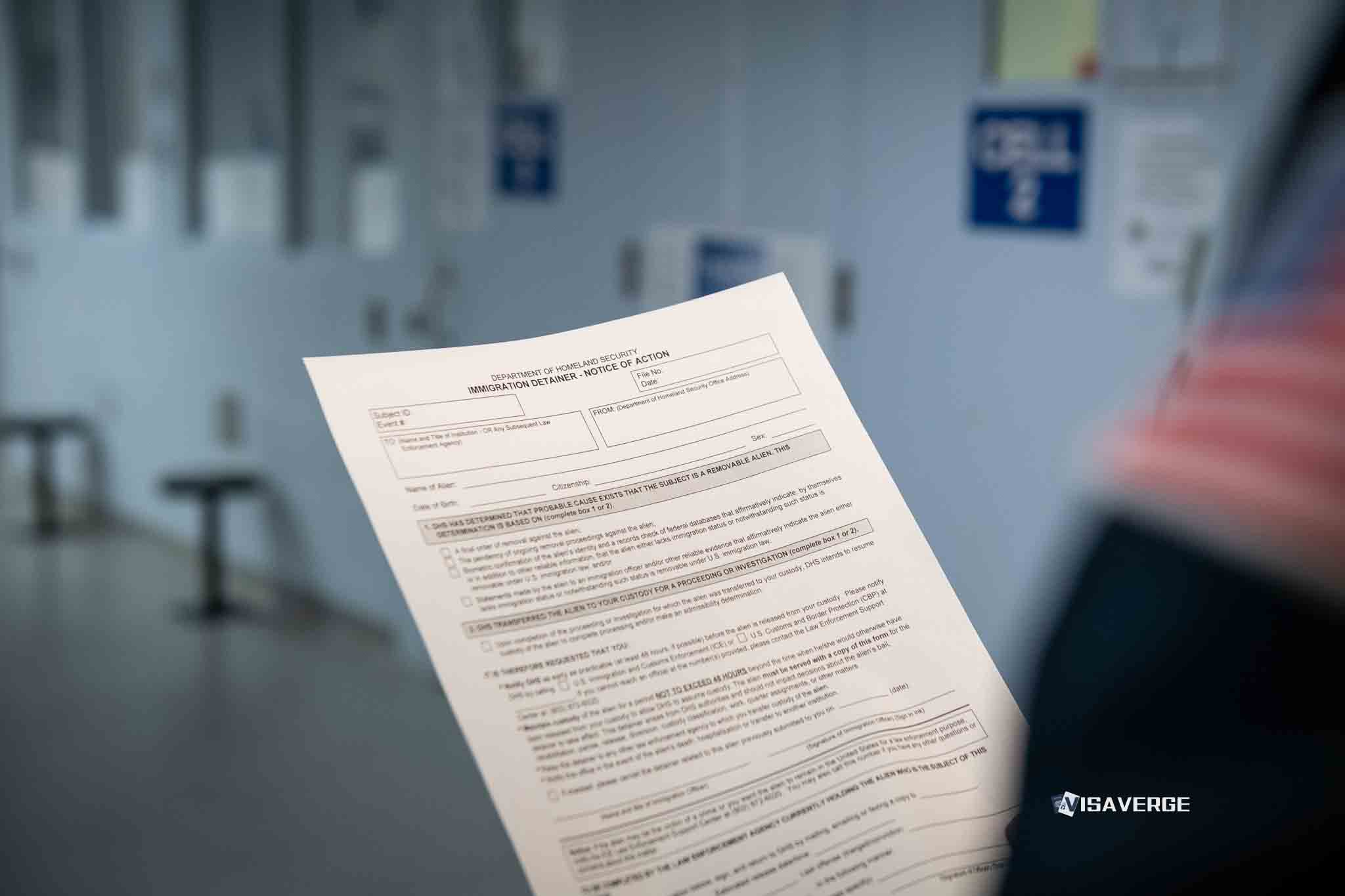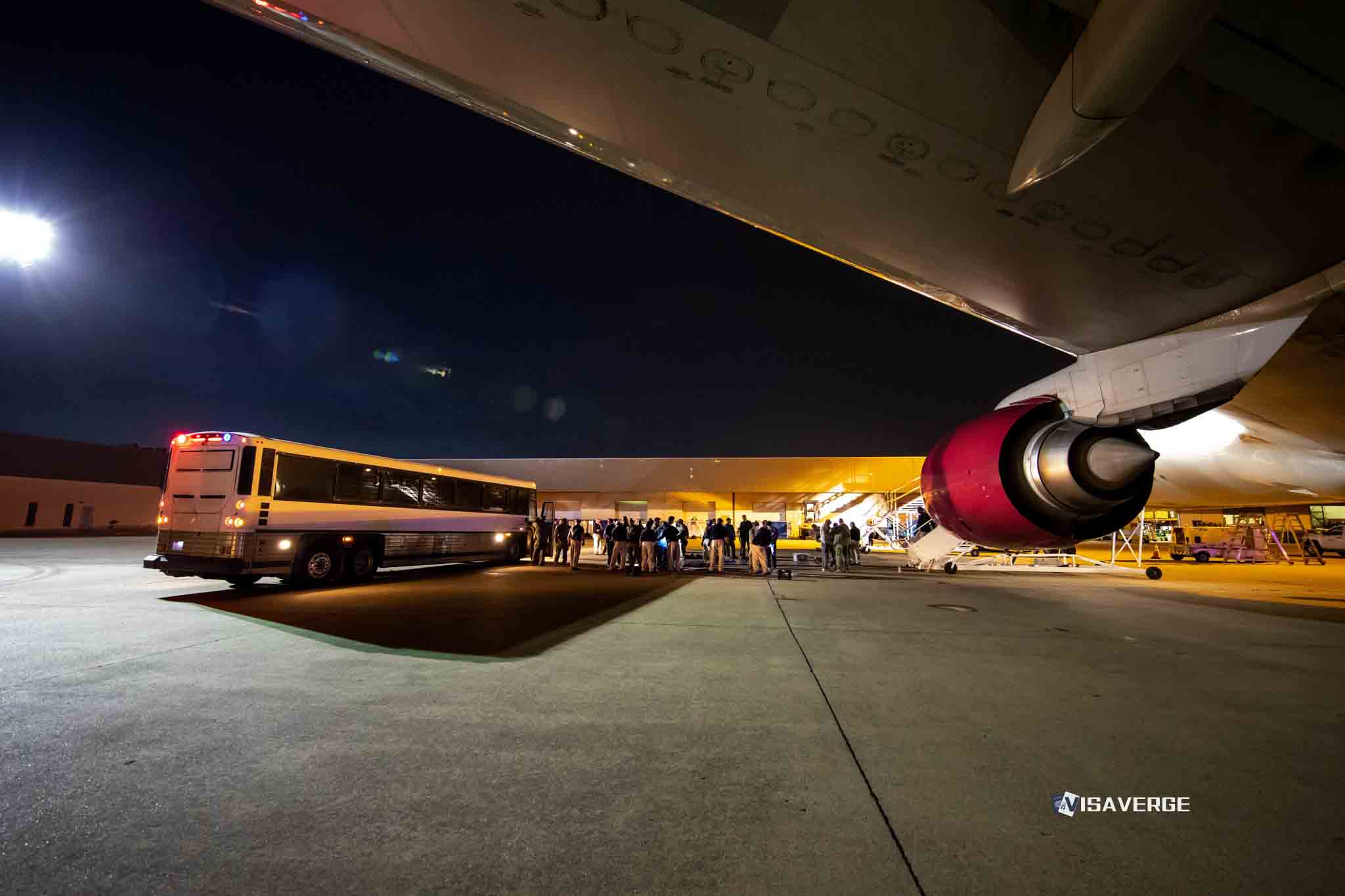Nearly 1,000 immigrants from every corner of the world became U.S. citizens at Wrigley Field on Thursday, August 7, 2025. The court swore in 977 people from 109 countries, turning the historic ballpark into a joyful stage for new Americans and their families.
Officials said the large-scale naturalization shows strong demand for citizenship in 2025, even as national policy shifts create uncertainty. The ceremony at Wrigley Field offered a clear message: the promise of U.S. citizenship remains powerful, and people are still reaching that finish line.

“Taking the Oath here feels bigger than a stadium,” said a new citizen from Ethiopia, holding a small flag as her daughter cheered. “It’s the first day we belong.” Judges and organizers praised the new citizens’ years of patience and work, noting that each person met strict legal standards before reaching this moment.
What the ceremony represents now
- The event affirms that naturalization continues under long-standing federal rules.
- It highlights Chicago’s role in welcoming newcomers and shows how public venues can turn a legal rite into a community celebration.
- It comes as the federal government debates who can become a citizen by birth and how future immigrants will qualify for green cards.
Key facts for applicants in 2025
- Naturalization remains a USCIS process with set requirements:
- Lawful permanent residence (usually five years, or three years if married to a U.S. citizen)
- Continuous residence and physical presence
- Good moral character
- English skills and civics knowledge
- USCIS updated several forms with mandatory editions dated 01/20/25. Using older forms can lead to rejections.
- As of March 3, 2025, marriage-based petitions and refugee/asylee family filings accept only marriages registered with a government authority. Religious or traditional ceremonies alone aren’t enough without a civil record.
Forms you’ll likely need
- Form N-400, Application for Naturalization
- Use the current edition and follow instructions on the official page at uscis.gov.
- Review eligibility steps and study materials through the USCIS Citizenship Resource Center.
- Form I-90 — for replacing or updating a green card.
- Form I-130 — for family petitions.
- If adjusting status through marriage, keep civil marriage certificates ready.
- Always verify you have the latest form editions on the USCIS site before filing.
Policy and legal shifts shaping the moment
The federal landscape changed in 2025. President Trump returned to office in January and issued orders to restrict parts of the system, including a push to curtail birthright citizenship.
- Congress introduced the Birthright Citizenship Act of 2025 (S. 304 / H.R. 569) to limit automatic citizenship at birth to children with at least one U.S. citizen or lawful permanent resident parent.
- For now, courts have blocked enforcement of such limits, so the traditional 14th Amendment interpretation still applies. Parents of U.S.-born children should keep records and watch court rulings closely.
According to analysis by VisaVerge.com, the administration’s broader Project 2025 approach calls for:
– faster removals,
– stricter family vetting,
– a shift toward a merit-based admissions system,
– and plans to roll back programs like DACA, TPS, and the Diversity Visa Lottery.
Many of these steps face litigation. Federal judges and advocacy groups have filed suits arguing the measures overreach or harm families. Some injunctions are in place, and more rulings are expected this year.
What this means for families, workers, and students
- Mixed-status households:
- Parents with pending cases worry about enforcement and travel.
- Keep documents current, store certified records safely, and consult a qualified attorney before international trips.
- Marriage-based applicants:
- If you married abroad in a ceremony not registered with a civil office, obtain a government-issued certificate now. Without it, officers can deny benefits.
- Refugees and asylees:
- Sponsorship evidence must reflect a legally recognized marriage. Gather identity and relationship records early to avoid delays.
- Students and skilled workers:
- Policy shifts may tighten future pathways, but naturalization through permanent residency remains stable.
- Watch for updates that could change work authorization or points-based criteria.
How ceremonies like Wrigley Field help
Large public ceremonies reinforce community support. At Wrigley Field, families filled the stands, many waving flags and taking photos on the concourse. Local leaders said the stadium setting gave the day extra meaning for people who spent years saving for fees, studying English, and balancing jobs with civics classes.
The Wrigley Field tradition shows how cities can welcome new citizens while reminding them of their rights and duties — voting, serving on juries, and staying engaged.
“The mood was simple and strong: relief, pride, and hope.”
Images from the field showed people from 109 countries stepping forward together, finishing a long process in a place known for comebacks and big wins.
Practical tips to file smart and avoid delays
- Use the newest forms:
- Check edition dates on each form’s USCIS page before printing or uploading.
- Track deadlines:
- If your green card is about to expire, file Form I-90 early to keep work and travel smooth.
- Prepare for the interview:
- Study civics questions and practice simple English conversation.
- Many community groups offer free classes.
- Bring originals of IDs, travel records, tax transcripts, and marriage or divorce certificates if relevant.
- Keep a clean record:
- Good moral character matters. Resolve fines, pay taxes, and keep proof.
- Watch for scams:
- Only trust official updates and licensed attorneys.
- Be careful with “notario” services that promise quick results.
Official links to bookmark
- USCIS Citizenship Resource Center: uscis.gov/citizenship
This is the most reliable place to confirm eligibility, test content, fees, and form editions.
Why courts and Congress matter this year
The future of birthright citizenship now sits with the courts and lawmakers. If Congress changes the standard or courts allow new limits:
- Hospitals and schools could face new document checks.
- Families might see more complex rules for newborns.
For now, nothing has changed at the hospital level: babies born on U.S. soil still receive U.S. citizenship under current court orders blocking new restrictions.
Community impact
Chicago’s immigrant neighborhoods — Devon, Pilsen, Albany Park, Little Village — celebrated Thursday’s ceremony with watch parties and small gatherings afterward. Faith leaders say the Oath marks not only a legal step but a social one, as new citizens feel safer taking part in civic life.
Employers also benefit: naturalized workers can access more jobs, clear security checks faster, and travel for business with a U.S. passport.
Numbers that tell the story
| Item | Figure |
|---|---|
| New citizens | 977 |
| Countries represented | 109 |
| Venue | Wrigley Field |
| Date | August 7, 2025 |
Those figures reflect steady interest in citizenship even in tense times. In interviews, new citizens said they chose the Oath now to vote in 2026, secure family futures, and gain a sense of permanence.
What applicants should do next
- File with the 01/20/25 editions of required forms.
- For marriage cases, obtain a government-registered marriage certificate before filing.
- Monitor federal court rulings on birthright citizenship. Nothing changes until courts say otherwise.
- Keep copies of every filing, receipt, and notice. Use USPS tracking when mailing.
- Seek legal advice if you have arrests, long trips abroad, or past immigration issues.
At Wrigley Field, the last cheers faded as the crowd drifted toward the exits, certificates held tight. For 977 new citizens, the United States 🇺🇸 is now home — and the first inning of their next chapter has begun.
This Article in a Nutshell












